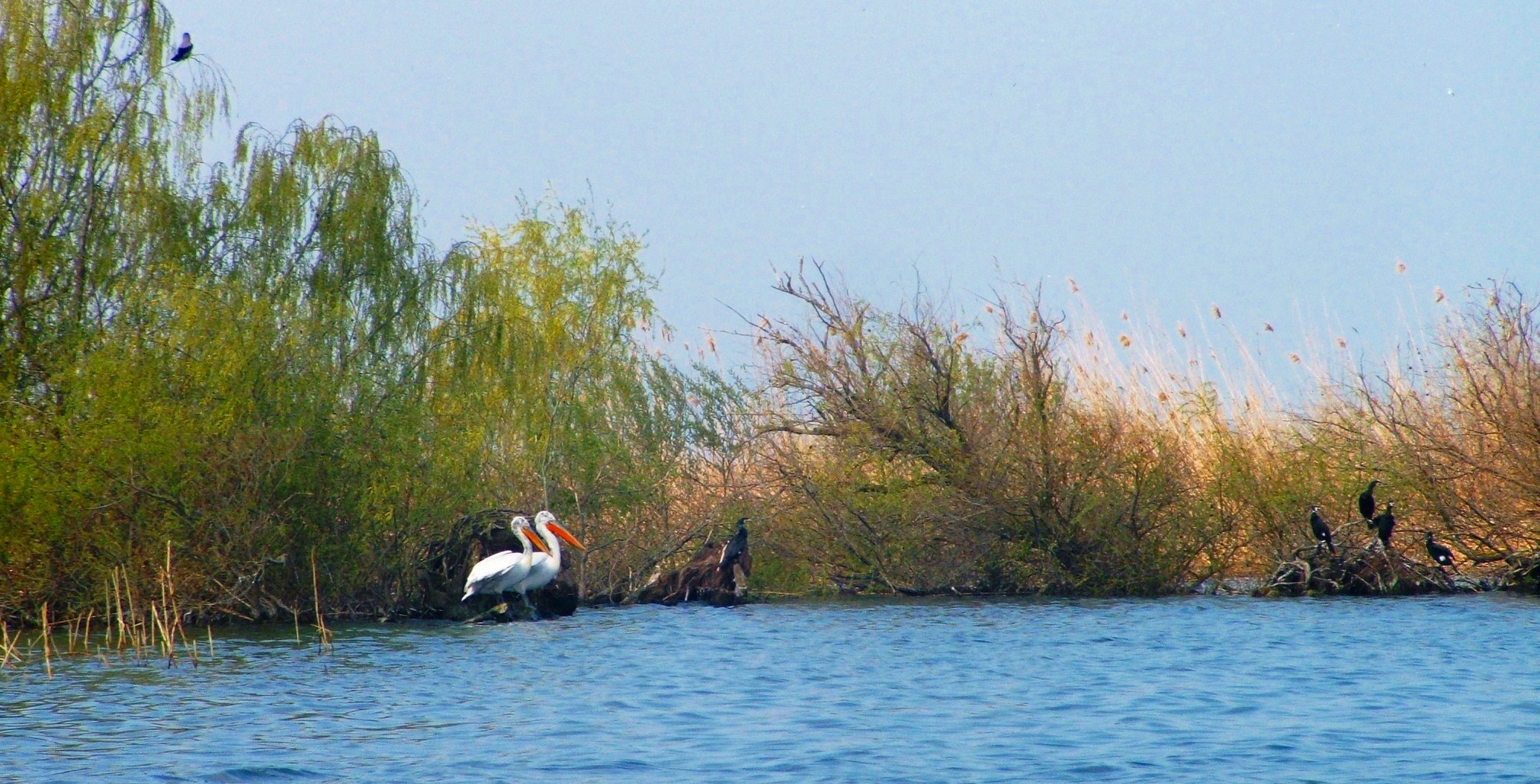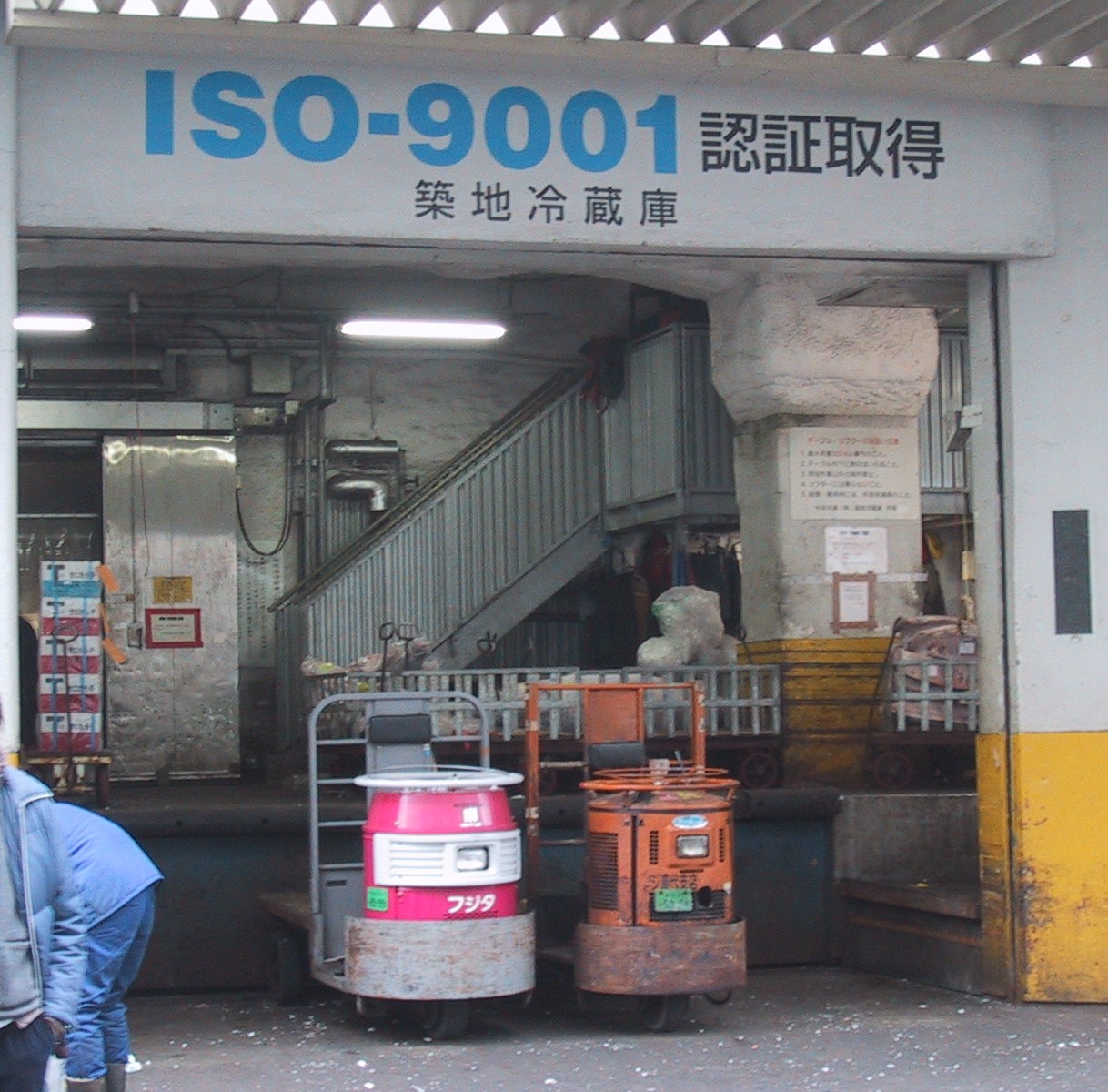|
GeoEcoMar
The National Institute for Research and Development of Marine Geology and Geoecology – GeoEcoMar ( ro, Institutul Național de Cercetare - Dezvoltare pentru Geologie și Geoecologie Marină - GeoEcoMar) is a Romanian institute of geology and geo-ecology founded in 1993. It was initially named ''Romanian Centre for Marine Geology and Geo-ecology''. Its administrative and scientific headquarters is in the capital of Romania, Bucharest; but the operational center, with the research vessels and marine infrastructure, is in Constanța, an important harbor on the Black Sea. The first director of the institute was the academician Nicolae Panin, now retired and a personal adviser of the current director, Gheorghe Oaie. Programs and partners GeoEcoMar is involved in European research programs of hydrological river-delta-sea macro-systems. It has fathomed the study of coastal erosion and its correction and participates in European programs to monitor potential hazards in the Black Sea ... [...More Info...] [...Related Items...] OR: [Wikipedia] [Google] [Baidu] |
European Multidisciplinary Seafloor And Water Column Observatory
European Multidisciplinary Seafloor and water-column Observatory (EMSO) is a large-scale European distributed Research Infrastructure for ocean observation, enabling real-time interactive long term monitoring of ocean processes. EMSO allows study of the interaction between the geosphere, the biosphere, the hydrosphere, and the lithosphere; including natural hazards, climate change, and marine ecosystems. EMSO nodes have been deployed at key sites in European seas, starting from the Arctic, through the Atlantic and Mediterranean, to the Black Sea. Overview EMSO is a consortium of partners sharing a common strategic framework of scientific facilities (data, instruments, computing and storage capacity). EMSO is a European Research Infrastructure ConsortiumERIC, a specific legal form created for pan-European large-scale research infrastructures by the European Commission that facilitates the establishment and operation of Research Infrastructures with European interest.. EMSO is one ... [...More Info...] [...Related Items...] OR: [Wikipedia] [Google] [Baidu] |
Hydrology Organizations
Hydrology () is the scientific study of the movement, distribution, and management of water on Earth and other planets, including the water cycle, water resources, and environmental watershed sustainability. A practitioner of hydrology is called a hydrologist. Hydrologists are scientists studying earth or environmental science, civil or environmental engineering, and physical geography. Using various analytical methods and scientific techniques, they collect and analyze data to help solve water related problems such as environmental preservation, natural disasters, and water management. Hydrology subdivides into surface water hydrology, groundwater hydrology (hydrogeology), and marine hydrology. Domains of hydrology include hydrometeorology, surface hydrology, hydrogeology, drainage-basin management, and water quality, where water plays the central role. Oceanography and meteorology are not included because water is only one of many important aspects within those fields. Hy ... [...More Info...] [...Related Items...] OR: [Wikipedia] [Google] [Baidu] |
Danube Delta
The Danube Delta ( ro, Delta Dunării, ; uk, Дельта Дунаю, Deľta Dunaju, ) is the second largest river delta in Europe, after the Volga Delta, and is the best preserved on the continent. The greater part of the Danube Delta lies in Romania ( Tulcea County), with a small part in Ukraine ( Odessa Oblast). Its approximate surface area is , of which is in Romania. With the lagoons of Razim–Sinoe ( with water surface), located south of the main delta, the total area of the Danube Delta is . The Razim–Sinoe lagoon complex is geologically and ecologically related to the delta proper; the combined territory is listed as a World Heritage Site. Geography and geology The modern Danube Delta began to form after 4000 BCE in a bay of the Black Sea when the sea rose to its present level. A sandy barrier blocked the Danube bay where the river initially built its delta. Upon filling the bay with sediment, the delta advanced outside this barrier-blocked estuary after 3 ... [...More Info...] [...Related Items...] OR: [Wikipedia] [Google] [Baidu] |
Research Institutes In Romania
Research is "creative and systematic work undertaken to increase the stock of knowledge". It involves the collection, organization and analysis of evidence to increase understanding of a topic, characterized by a particular attentiveness to controlling sources of bias and error. These activities are characterized by accounting and controlling for biases. A research project may be an expansion on past work in the field. To test the validity of instruments, procedures, or experiments, research may replicate elements of prior projects or the project as a whole. The primary purposes of basic research (as opposed to applied research) are documentation, discovery, interpretation, and the research and development (R&D) of methods and systems for the advancement of human knowledge. Approaches to research depend on epistemologies, which vary considerably both within and between humanities and sciences. There are several forms of research: scientific, humanities, artistic, economic ... [...More Info...] [...Related Items...] OR: [Wikipedia] [Google] [Baidu] |
National Geological Agencies
National may refer to: Common uses * Nation or country ** Nationality – a ''national'' is a person who is subject to a nation, regardless of whether the person has full rights as a citizen Places in the United States * National, Maryland, census-designated place * National, Nevada, ghost town * National, Utah, ghost town * National, West Virginia, unincorporated community Commerce * National (brand), a brand name of electronic goods from Panasonic * National Benzole (or simply known as National), former petrol station chain in the UK, merged with BP * National Car Rental, an American rental car company * National Energy Systems, a former name of Eco Marine Power * National Entertainment Commission, a former name of the Media Rating Council * National Motor Vehicle Company, Indianapolis, Indiana, USA 1900-1924 * National Supermarkets, a defunct American grocery store chain * National String Instrument Corporation, a guitar company formed to manufacture the first reso ... [...More Info...] [...Related Items...] OR: [Wikipedia] [Google] [Baidu] |
Danube
The Danube ( ; ) is a river that was once a long-standing frontier of the Roman Empire and today connects 10 European countries, running through their territories or being a border. Originating in Germany, the Danube flows southeast for , passing through or bordering Austria, Slovakia, Hungary, Croatia, Serbia, Romania, Bulgaria, Moldova, and Ukraine before draining into the Black Sea. Its drainage basin extends into nine more countries. The largest cities on the river are Vienna, Budapest, Belgrade and Bratislava, all of which are the capitals of their respective countries; the Danube passes through four capital cities, more than any other river in the world. Five more capital cities lie in the Danube's basin: Bucharest, Sofia, Zagreb, Ljubljana and Sarajevo. The fourth-largest city in its basin is Munich, the capital of Bavaria, standing on the Isar River. The Danube is the second-longest river in Europe, after the Volga in Russia. It flows through much of C ... [...More Info...] [...Related Items...] OR: [Wikipedia] [Google] [Baidu] |
Tsunami
A tsunami ( ; from ja, 津波, lit=harbour wave, ) is a series of waves in a water body caused by the displacement of a large volume of water, generally in an ocean or a large lake. Earthquakes, volcanic eruptions and other underwater explosions (including detonations, landslides, glacier calvings, meteorite impacts and other disturbances) above or below water all have the potential to generate a tsunami. Unlike normal ocean waves, which are generated by wind, or tides, which are in turn generated by the gravitational pull of the Moon and the Sun, a tsunami is generated by the displacement of water from a large event. Tsunami waves do not resemble normal undersea currents or sea waves because their wavelength is far longer. Rather than appearing as a breaking wave, a tsunami may instead initially resemble a rapidly rising tide. For this reason, it is often referred to as a tidal wave, although this usage is not favoured by the scientific community because it mig ... [...More Info...] [...Related Items...] OR: [Wikipedia] [Google] [Baidu] |
LRQA
Lloyd's Register Group Limited (LR) is a technical and professional services organisation and a maritime classification society, wholly owned by the Lloyd’s Register Foundation, a UK charity dedicated to research and education in science and engineering. The organisation dates to 1760. Its stated aims are to enhance the safety of life, property, and the environment, by helping its clients (including by validation, certification, and accreditation) to improve the safety and performance of complex projects, supply chains and critical infrastructure. In July 2012, the organisation converted from an industrial and provident society to a company limited by shares, named Lloyd’s Register Group Limited, with the new Lloyd’s Register Foundation as the sole shareholder. At the same time the organisation gave to the Foundation a substantial bond and equity portfolio to assist it with its charitable purposes. It will benefit from continued funding from the group’s operating arm, ... [...More Info...] [...Related Items...] OR: [Wikipedia] [Google] [Baidu] |
Romania
Romania ( ; ro, România ) is a country located at the crossroads of Central, Eastern, and Southeastern Europe. It borders Bulgaria to the south, Ukraine to the north, Hungary to the west, Serbia to the southwest, Moldova to the east, and the Black Sea to the southeast. It has a predominantly temperate- continental climate, and an area of , with a population of around 19 million. Romania is the twelfth-largest country in Europe and the sixth-most populous member state of the European Union. Its capital and largest city is Bucharest, followed by Iași, Cluj-Napoca, Timișoara, Constanța, Craiova, Brașov, and Galați. The Danube, Europe's second-longest river, rises in Germany's Black Forest and flows in a southeasterly direction for , before emptying into Romania's Danube Delta. The Carpathian Mountains, which cross Romania from the north to the southwest, include Moldoveanu Peak, at an altitude of . Settlement in what is now Romania began in the Lower Pale ... [...More Info...] [...Related Items...] OR: [Wikipedia] [Google] [Baidu] |
ISO 9001
The ISO 9000 family is a set of five quality management systems (QMS) standards that help organizations ensure they meet customer and other stakeholder needs within statutory and regulatory requirements related to a product or service. ISO 9000 deals with the fundamentals of QMS, including the seven quality management principles that underlie the family of standards. ISO 9001 deals with the requirements that organizations wishing to meet the standard must fulfill. ISO 9002 is a model for quality assurance in production and installation. ISO 9003 for quality assurance in final inspection and test. ISO 9004 gives guidance on achieving sustained organizational success. Third-party certification bodies provide independent confirmation that organizations meet the requirements of ISO 9001. Over one million organizations worldwide are independently certified, making ISO 9001 one of the most widely used management tools in the world today. However, the ISO certification process has ... [...More Info...] [...Related Items...] OR: [Wikipedia] [Google] [Baidu] |
Carbon Capture And Storage
Carbon capture and storage (CCS) or carbon capture and sequestration is the process of capturing carbon dioxide (CO2) before it enters the atmosphere, transporting it, and storing it ( carbon sequestration) for centuries or millennia. Usually the CO2 is captured from large point sources, such as a chemical plant or biomass power plant, and then stored in an underground geological formation. The aim is to prevent the release of CO2 from heavy industry with the intent of mitigating the effects of climate change. CO2 has been injected into geological formations for several decades for enhanced oil recovery and after separation from natural gas, but this has been criticised for producing more emissions when the gas or oil is burned. Carbon capture and utilization (CCU) and CCS are sometimes discussed collectively as carbon capture, utilization, and sequestration (CCUS). This is because CCS is a relatively expensive process yielding a product which is often too cheap. Hence, ... [...More Info...] [...Related Items...] OR: [Wikipedia] [Google] [Baidu] |






